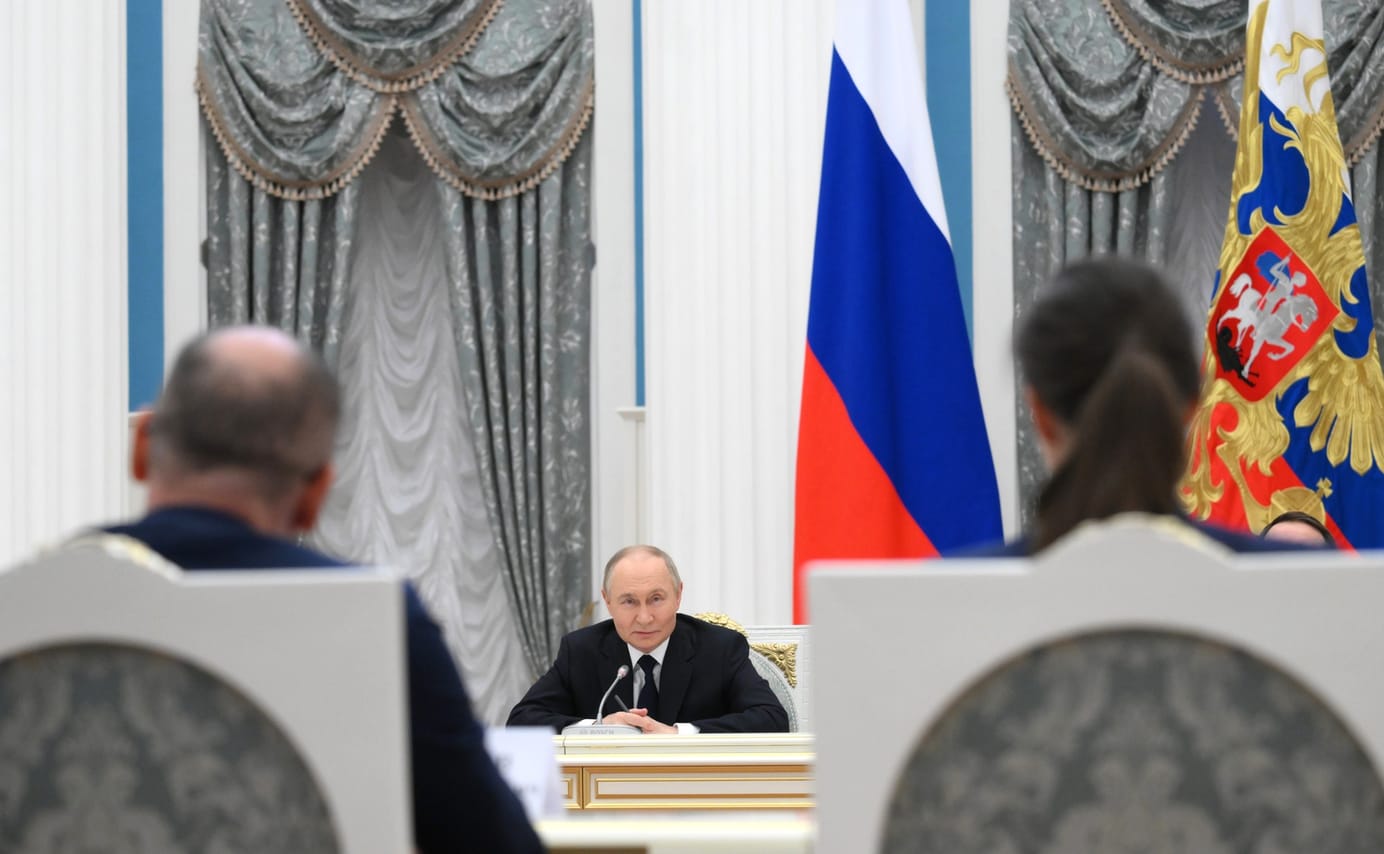
Russian authorities start winding down the preferential mortgage program
With the Russian Central Bank raising its base rate, the Russian authorities have begun tightening the conditions to access preferential and family mortgages. Previously, this scheme allowed Russians to take advantage of subsidized loans to buy houses. The program is consuming increasing levels of budget funding, but the authorities are apparently not able to make radical changes.
- Preferential and family mortgages enable Russians to take out loans at reduced rates (8% or 6% respectively) under certain conditions, such as purchasing an apartment in a new building. Typically, Russian families cannot purchase a home without a mortgage. Each month, the banks receive funds from the state budget to subsidize the amount of interest lost when compared with the base rate, which has typically been around 3 percentage points higher. However, in mid-August, during the currency crisis, the Bank of Russia suddenly hiked its annual rate from 8.5% to 12%, increasing the amount which needs to be subsidized. Now, the average market rate for a mortgage in Russia hovers around 15%.
- The Russian mortgage market continues to grow quickly despite the war and the economic crisis. The regulator’s latest figures show that 56.1% of mortgages are part of the preferential program. In total, the mortgage portfolio increased by 11% to $162.6 billion since the start of 2023.
- As the base rate rises, driving up commercial lending rates, the preferential mortgage scheme becomes another headache for the government. The higher the base rate, the more budget money is needed to subsidize the mortgage scheme to make up the difference. However, the Central Bank repeatedly warned in the past that discounted mortgages increase the risks on the mortgage market. For example, it can lead to an imbalance in the market for new builds and pre-occupied housing (the former is 40% more expensive than the latter).
- Now the authorities are considering some fairly toothless changes in the terms and conditions. The minimum deposit is set to increase from 15% to 20%, and the maximum available subsidy for the banks could be cut by 0.5%. But banks that issued preferential mortgages for homes in rural areas already stopped that program due to the high base rate.
Pourquoi le monde devrait s'en préoccuper :
These first steps seem insignificant, but that’s not surprising. With the 2024 presidential elections on the horizon, officials are unwilling to cut social programs so as not to jeopardize President Vladimir Putin’s rating.









